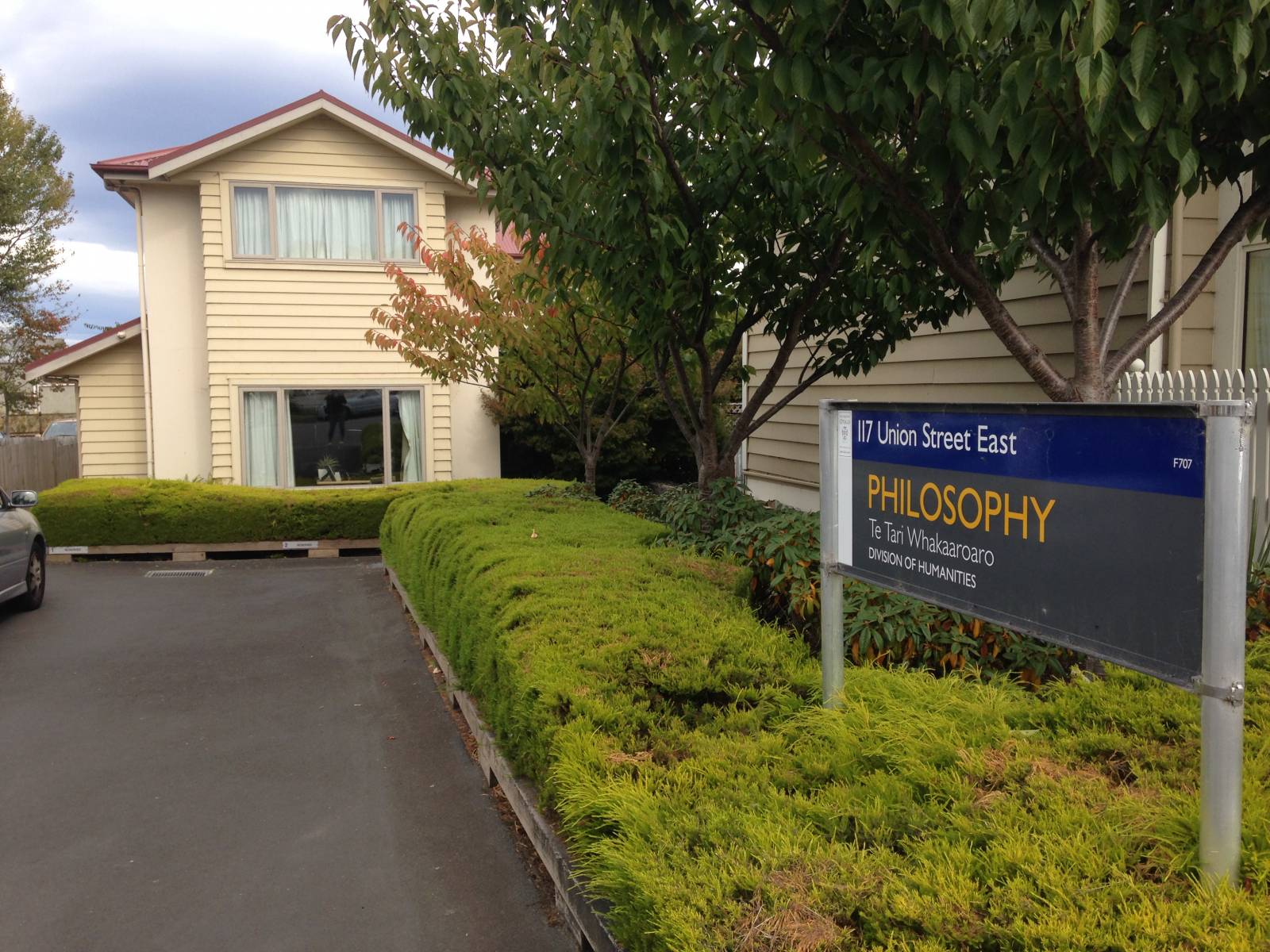Abroad this semester at the University of Otago, my independent work has felt far from home.
Before leaving Princeton, I talked to my fall JP adviser about how to expand my fall paper, and had a few meetings with my spring adviser. Once I arrived in New Zealand, however, life became a whirlwind of flight transfers, international orientation, and a packed introduction to my new home.
In the midst of all this, I had underestimated how much harder it would be to coordinate with professors at Princeton from a timezone sixteen hours away. Communication suddenly slowed down to a snail’s pace–instead of walking into someone’s office, I found that it could take anywhere from days to weeks to go from one email to the next.
It was discouraging and unexpected. My fall JP had gone as well as I could have hoped. My topic was new and exciting, and my semester was full of stimulating conversations with professors and graduate students (during office hours and even over email from overseas). By the end of the writing process, I felt that I had made a non-trivial contribution to philosophical literature, even as a third-year university student. Abroad, however, I found myself torn between exploring a new place and having to piece together advice from various emails to create a plan for my JP.

Two weeks ago, on a whim, I mentioned my idea for my spring JP to my logic professor at the University of Otago. The premise of my paper is that people are more uncomfortable deferring their moral beliefs to a moral expert than they are deferring aesthetic beliefs to an aesthetic expert. For example, consider an aesthetic expert, like film critic Roger Ebert, and a moral expert like philosopher Peter Singer. Many people would tend to accept the Ebert’s judgements, i.e. “Casablanca is among the greatest movies of all time,” as fact. This seems to hold even when they might not have seen Casablanca themselves. However, the same deference in opinion does not occur when a renowned philosopher like Peter Singer says that eating animals is morally impermissible. In my paper, I plan to explore what our attitudes about experts in the moral and aesthetic domains tell us about the metaphysics of each respective domain — i.e., are there moral/ aesthetic facts?
To my surprise, my logic professor emailed me a few hours later with great news. She’d mentioned my JP topic to a few professors and graduate students in the philosophy department, and they were all excited to chat about it. She also shared her own thoughts, suggesting that that we might defer to experts when there are real (objective) facts and are unwilling to do so in the cases where facts are subjective. On the other hand, she wrote that another professor in the department suggested the opposite: that the difference might be explained if moral facts are out there in the world and aesthetic facts aren’t – because then we all have better access to the moral facts while the aesthetic ones are mysterious; thus, we assume art critics (etc) know something we don’t. She encouraged me to reach out to other members of the philosophy department at Otago to chat about the question.
Since then, I’ve benefited enormously from talking about my independent work with professors and graduate students at my university abroad. I’ve gotten immediate and engaged feedback from peers and mentors. For example, a graduate student brought in cultural examples to my question, something I would not have considered before. Equally important, I have started to integrate into the academic community here. I’ve gotten to know professors and graduate students by name, and even connected with some of my classmates on a deeper intellectual level. People have been interested in talking about Princeton’s pedagogy as well as my topic itself. Here, BA degrees usually last three years, with a fourth year as an honors year, and independent work isn’t a given.
Connecting with my department abroad has allowed me to find a home for my junior independent work. I finally feel like I am making progress again, and I’ve formed social relationships with students and new mentors. It has been a real exchange of ideas, on many different levels.
–Vidushi Sharma, Humanities Correspondent

